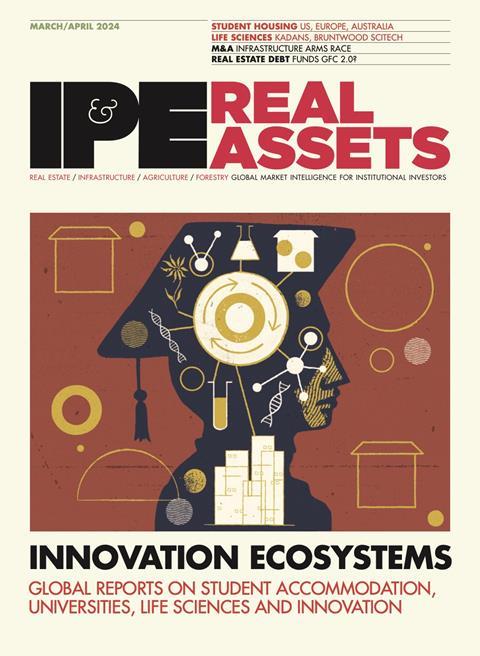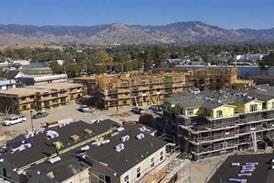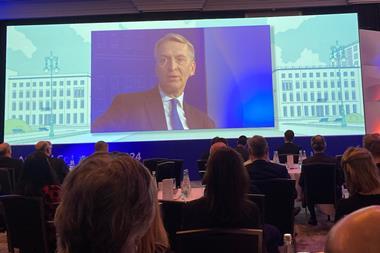Uncertainty in the markets and travel restrictions are deterring institutional investors from forging new relationships with real estate investment managers.
According to a survey of more than 100 investors, only 17% are willing to consider investing with new managers and 18% are putting on hold the establishment of new relationships.
Real estate advisory firm Hodes Weill & Associates, which carried out the research, said: “The unique challanges assoicated with lockdowns and travel restrictions have hindered investors’ abilities to conduct due diligence on new strategies and relationships”.
But while 59% of investors anticipate a slowdown in investment activity over the next 12 months, many are beginning to allocate capital to take advantage of anticipated distress over the coming years.
Hodes Weill said investors were demonstrating continued commitment to the asset class and most of them remained under-allocated.
The research suggests that the denominator effect, whereby sharp falls in listed markets can lead to over-exposure to private markets, has yet to affect allocations as feared.
Hodes Weill said the denominator effect might have been less of a factor due to portfolio write-downs and the recent rebound in public equities.
It cited one sovereign wealth fund that had become over-allocated to real estate before becoming under-allocated again after marking its assets to market.
The company said some investors were “cautiously optimistic” about real estate performance over the next 12 months relative to other asset classes.
Susan Swanezy, partner at Hodes Weill, said: “There is uncertainty as to how the pandemic will impact commercial real estate over the medium-to-long term, but what remains clear is that the asset class represents a large and growing part of global institutions’ investment strategies.
“While caution over the short term is likely to result in decreased investment activity, we expect to see an uptick as lockdowns and travel restrictions begin to lift and impacts to asset valuations and market fundamentals become more clear. It may take time for distress to appear, but well capitalised funds will be positioned to take advantage.”
To read the digital edition of the latest IPE Real Assets magazine click here.





















No comments yet